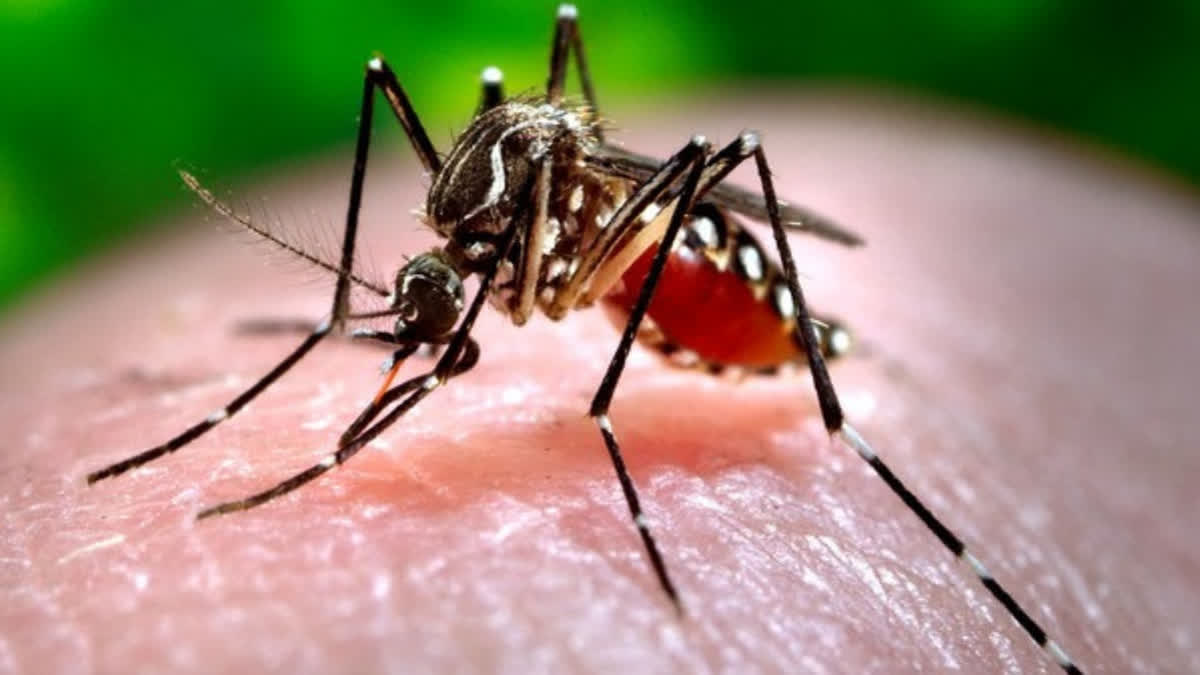Hyderabad: With the cases of dengue on the rise in Hyderabad, Dr M Raja Rao, Superintendent of Gandhi Hospital, provided crucial insights while speaking to ETV Bharat on identifying dengue infection and highlighted when to seek medical attention, including platelet transfusion.
Notably, 3,000 positive cases of dengue have been reported in Telangana while nearly half have been from Hyderabad. According to medical professionals, Telangana has witnessed a 10-fold surge in cases of dengue over the last two months.
Here are excerpts of the conversation with Dr M Raja Rao with ETV Bharat on the alarming situation of dengue.
When to consider platelet transfusion? Dengue slowly affects the circulatory system leading to a reduction in platelet count. Platelet transfusion is warranted if the count falls below 50,000 and bleeding persists. Even without apparent bleeding, if the platelet count dips to 20,000, transfusion is vital to prevent potential brain and internal organ bleeding.
Onset of dengue symptoms- Dengue is transmitted by the Aedes aegypti mosquito and symptoms can be seen within four to seven days after the transmission. Mild symptoms include headache, pain behind eyes, muscle and joint pain and severe back pain. Patients with severe symptoms, especially dengue hemorrhagic or shock syndrome indications, should immediately consult doctors. The test of dengue detection, NS1 should be taken promptly. Also, immediate medical intervention is crucial to curb a severe outcome.
Who all are at risk?- Women, children and the elderly face heightened susceptibility to dengue with potential complications like miscarriage for pregnant women. Individuals with preexisting conditions like diabetes, heart, and kidney diseases are at greater risk. Prior dengue exposure raises the likelihood of recurrence.
Misuse of painkillers- The use of painkillers without medical guidance is considered dangerous if a person is suffering from dengue. This practice can lead to a rapid decline in platelet levels. It is imperative to consult healthcare professionals and adhere to prescribed treatments.
Precautions- Heart patients taking blood-thinning medications must cease these medicines if infected with dengue and consult a healthcare provider immediately.
Preventive measures- The use of mosquito repellents and nets at home should be prioritised to mitigate the risk of dengue. Disrupting the mosquito life cycle by eliminating stagnant water in containers and other breeding sites within a 100-metre radius of households is crucial in curbing their population.
Also read: Dengue surge in Bihar: 333 cases recorded in a day, hospitals on high alert



